By Donna Sabis-Burns, Rachel Skrlac Lo, and Casey O'Donnell on behalf of the CLA Breakfast Committee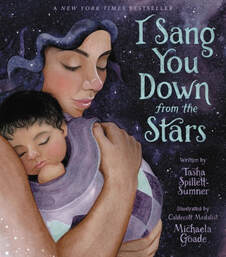
Looking out the window we begin to see the slight change in color of the fall foliage, a brisker feel to the air, and school busses carrying students to their not-so-new-normal classrooms. Apples, pumpkins, and “Indian” corn are appearing in the grocery store aisles. The gift of autumn is here. One highlight of this time of year is the NCTE Annual Conference held in November. Under “normal” circumstances, the Children’s Literature Assembly Breakfast is held in person as part of that gathering. While we will not be able to meet in person this year, the CLA Breakfast will be offered as a live event during the conference. In anticipation of our session, we are sharing about some of the most prolific, wonderful Indigenous multiple award-winning storytellers from across the Four Directions.
Cynthia Leitich-Smith (Muscogee Creek), Traci Sorell (Cherokee Nation), Michaela Goade (Tlingit), Carole Lindstrom (Metis), and Kevin Maillard (Seminole Nation) will make up this year’s Breakfast speaker panel. They will offer insight into their creative writing process, share their newest work, and offer some candid thoughts on how being Indigenous has strengthened their entire literature experience. These storytellers celebrate #OwnVoices in the here and now. They offer counter stories to highlight the dynamism of Native American and Alaska Native communities for all ages. During a conversation with them in February 2021, we discussed the joys of reading and storytelling and reflected on the importance of celebrating the rich legacy of Native experiences that influence contemporary society. Native American, American Indian, or Indigenous peoples (terms used interchangeably) make up the 575+ federally recognized tribes and 200+ state-recognized tribes, much diversity exists across this Indigenous landscape in the United States. To celebrate this diversity, in this post, we will share with you the newest works from these amazing storytellers, including samples of teacher guides, links to audio-books, artwork, and other storytelling materials to share both in and outside of the classroom. Teachers strive to create an environment for children that is all-embracing because they know that when children feel accepted, they will be happy, healthy, and confident members of society. This spirit of inclusiveness should permeate not only the social dynamic of the classroom, but the teaching materials as well. Children’s books that are endowed with social justice themes and multicultural issues provide a much richer reading experience than texts with homogeneous characters and unchallenging stories. The stories shared by these authors and illustrator offer many ways to enlighten students of all ages to the diverse books, cultural nuances, and traditions that Indigenous people bring to the table. Check out these teacher resources for a glimpse into the rich world of native storytelling. Activity Kits and Teacher Guides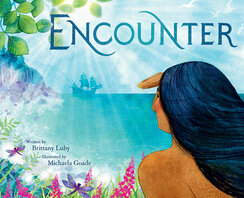
When students encounter texts that feature characters with whom they can connect, they can see how others are like them and how literature can play a role in their lives. If students can feel connected to books, not only will they be more apt to obtain the intrinsic motivation to increase the amount of reading they do, but they will also begin to feel more accepted as strong and unique members of society and to become less vulnerable to negative stereotyping and feelings of oppression. It is the hope of our storytellers that these resources be shared with all students, to demonstrate not only resiliency and determination, but also joy and grace within the texts and illustrations to take them to places they have never seen or heard of before. Below are are some video and audio resources related to some of the works of our storytellers.
Video & Audio Resources
We are obligated to educate our youth with a clear lens and to teach the richness of realistic, authentic, and contemporary literature for children and young adults. We need to promote books where Indigenous characters are up front and visible, not hidden or pushed aside. We want to highlight in a bold, distinguishable manner characters and stories that unveil and promote the beauty of diverse literature written/illustrated by and for Native Nations (also called Indigenous people and used interchangeably here when the specific Nation is not known), and all other marginalized groups. The storytellers highlighted here, and across the land, provide a glimpse of the wonderment and beauty that present-day and historical Indigenous culture and traditions bring to the literature landscape.
Come celebrate with us at 9 am (EST) on November 21, 2021 at the CLA Breakfast at NCTE! There will be great conversation and book giveaways!
Donna Sabis-Burns, Ph.D., an enrolled citizen of the Upper Mohawk-Turtle Clan, is a Group Leader in the Office of Indian Education at the U.S. Department of Education* in Washington, D.C. She is a Board Member (2020-2022) with the Children's Literature Assembly, Co-Chair of the Diversity, Equity, and Inclusivity Committee, and Co-Chair of the 2021 CLA Breakfast meeting (NCTE).
Rachel Skrlac Lo is an Assistant Professor at Villanova University. She is a Board Member (2020-2022) with the Children's Literature Assembly, Co-Chair of the Diversity, Equity, and Inclusivity Committee, and Co-Chair of the 2021 CLA Breakfast meeting (NCTE). Casey O'Donnell is a graduate student in the Masters Plus Teacher Certification Program at Villanova University.
*The views expressed herein do not necessarily represent the positions or policies of the U.S. Department of Education. No official endorsement by the U.S. Department of Education of any product, commodity, service, or enterprise mentioned herein is intended or should be inferred.
By Jared S. CrossleyAlthough the fight for increased diversity in children’s literature has been going on for decades, there has been a recent surge in attention to this need since 2014 and the creation of the We Need Diverse Books (WNDB) campaign. The website for WNDB states that they advocate for “essential changes in the publishing industry to produce and promote literature that reflects and honors the lives of all young people” (We Need Diverse Books, n.d.), and their definition of diversity extends beyond diversity in sexual orientation, gender, and race, but also includes disability. According to the U.S. Department of Education (2019) there were 7 Million students in 2017-2018 who received special education services, accounting for 14 percent of all public school students. The amount of time these students spend inside a general education classroom has been gradually increasing over the last twenty years. This contributes to the growing need for educators to use texts with positive and accurate disability portrayals as part of their reading instruction in the general education classroom (Collins, Wagner & Meadows, 2018). Children with disabilities need to be able to see themselves in the books they read, and their classmates can also benefit, gaining empathy and understanding, by reading about children with similar disabilities. Dr. Rudine Sims Bishop (1990) wrote about how books can serve as windows, “offering views of worlds that may be real or imagined, familiar or strange” (p. 1). They can also serve as mirrors, which reflect our own experiences, and “in that reflection we can see our own lives and experiences as part of the larger human experience” (p. 1). It is very important that all children see themselves reflected in the books they read. However, many children who have disabilities or are racial minorities often don’t see themselves in the books that are available to them. Bishop stated: "When children cannot find themselves reflected in the books they read, or when the images are distorted, negative, or laughable, they learn a powerful lesson about how they are devalued in the society of which they are a part. Our classrooms need to be places where all the children from all the cultures that make up the salad bowl of American society can find their mirrors" -Rudine Sims Bishop Educators should make it a priority to provide all of the children in their classrooms books that serve as mirrors, as well as books that are windows into cultures that are not familiar to their students’ lived experiences. For the past four years, I have been privileged to serve on USBBY’s Outstanding Books for Young People with Disabilities committee. During that time I have gained new perspectives and learned more information about various disabilities and differences. One type of book that often gets grouped into the disability category is books that contain a portrayal of deafness. It has been debated if deafness should be considered a disability (Harvey, 2008; Lane, 2002) with varying opinions for and against the consideration of deafness as a disability. However, regardless of whether or not it is a disability, we need positive portrayals of deafness in children’s literature that can serve as mirrors for children who are deaf, and windows for children who are hearing. Over the past few years there have been a number of excellent middle-grade books that center a child who is deaf. In this post, I want to highlight three titles that I thought were exceptional portrayals.
Show Me a Sign
Show Me a Sign by Ann Clare LeZotte (2020) tells the story of Mary, a young girl growing up deaf in the early 1800’s on the island of Martha’s Vineyard. As part of a Deaf colony on the island, Mary has always felt safe and protected. However, all of this is threatened by the appearance of a young scientist who is bound and determined to find the cause of the island’s deafness so he can cure this “infirmity”. Soon Mary finds herself in harm's way as this scientist takes her as a “live specimen” in order to more closely study her deafness. The sequel, Set Me Free, is set to be released September 21, 2021.
References Bishop, R.S. (1990). Windows, mirrors, and sliding glass doors. Perspectives, 6, ix-xi. Collins, K. M., Wagner, M. O., & Meadows, J. (2018). Every story matters: Disability studies in the literacy classroom. Language Arts, 96(2), 13. Harvey, E. R. (2008). Deafness: A disability or a difference. Health L. & Pol'y, 2, 42. Lane, H. (2002). Do deaf people have a disability?. Sign language studies, 2(4), 356-379. U.S. Department of Education. (2019). Children and youth with disabilities. Retrieved from https://nces.ed.gov/programs/coe/indicator_cgg.asp We Need Diverse Books. (n.d.). About Us. WNDB. Children’s Books Frost, H. (2020). All He Knew. New York, NY: Farrar Straus and Giroux. Kelly, L. (2019). Song for a Whale. New York, NY: Delacorte Press. LeZotte, A.C. (2020). Show Me a Sign. New York, NY: Scholastic Press. Jared S. Crossley is a Ph.D. student at The Ohio State University studying Literature for Children and Young Adults. He is a former 4th- and 5th-grade teacher, and currently teaches children's literature courses at Ohio State. He is the 2020-2021 chair of the Outstanding Books for Young People with Disabilities committee (USBBY). By Emmaline Ellis, Alex Lampp Berglund, and Meghan Valerio, on behalf of the CLA Student Committee
All of us (Emmaline, Alex, and Meghan) are members of the Children’s Literature Assembly Student Committee, and we each bring a variety of experiences as classroom teachers, reading specialists, and teacher educators. In our different contexts, we have witnessed the ways literacy curriculum and praxis have privileged certain voices, while both intentionally and unintentionally silencing and, at times, even harming others. These experiences, coupled with continued historically heated debates on racism, gender equality, immigrant acceptance, (dis)ability rights, and LGBTQ+ activism, led us to plan our second annual CLA Student Committee webinar, entitled “Inclusivity in Curriculum and Pedagogy.” The goal of this webinar was to provide a space for literacy scholars to share their inclusive research and pedagogy and for participants to unpack their own experiences with inclusivity in educational spaces. In this post, we highlight many of the resources and pedagogical practices shared by the panelists, Dr. Desireé Cueto, Dr. Sara Sterner, Dr. Megan Van Deventer, and Dr. Kelly Wissman, that we hope you can implement in your own teaching. CLA Members can access a video recording of the webinar within the members-only portion of the CLA website.
Resources for Fostering InclusivityInspired by the transformative work of the presenters, we have compiled a list of resources that were shared by the panelists that have helped us form our own understandings of inclusivity and foster community in our own inclusive educational spaces in a variety of ways. These resources include educational course texts, children’s and young adult literature titles, authors, podcasts, and online tools and sites. RESOURCE FOLDER
Course texts
ELEMENTARY/CHILDREN'S LITERATURE
middle school/young adult literature
Authors
online resources
Emmaline Ellis is a PhD Student in the Literacy and Learners program at Temple University. She is a member of CLA’s Student Committee. Alex Lampp Berglund is a PhD Candidate in the Department of Language and Literacy Education at the University of Georgia. She is chair of CLA’s Student Committee. Meghan Valerio is a PhD Candidate in Curriculum and Instruction with a Literacy Emphasis at Kent State University. Meghan’s research interests include investigating literacy from a critical literacy perspective, centering students and curricula to understand reading as a transactional process, and exploring pre- and in-service teacher perspectives in order to enhance literacy instructional practices and experiences. She is a CLA Student Committee member. By Miriam Martinez, on behalf of the CLA Endowment Committee
Then, in 2005 the Endowment was officially launched! The next several years were devoted to the hard work of building Endowment funds to a point that sufficient money existed to sustain this critical work. This hard work came to fruition in 2011 when the first research grant was awarded to Lori Ann Laster for her research on text selection for refugee youth. Since that beginning, the fund has helped to support the research of 12 scholars of children’s literature. Here is just a sampling of some of the exciting work the Endowment has supported:
The Endowment Committee would like to invite you to participate in this important initiative either by helping us continue to grow the Endowment or by applying for the CLA Research Award. (And some of you may want to do both.) Donations can be made to commemorate a special event, to honor a children's literature enthusiast, or just as an expression of commitment to the work of the endowment. There are two easy ways to donate to the Endowment: If you are a member of CLA, consider applying for the CLA Research Award. You can find more information about the application process at this link. Picturebooks Exploring Issues of Poverty Finally, as a committee focused on providing financial support, and one comprised of children’s literature scholars and educators, we want to offer you a special thank you for your work in promoting children’s literature. Please find below a beginning list of picturebooks focused on poverty and financial issues, an important topic but one that is not often explored in books for children.
Miriam Martinez is a Professor of Literacy Education at the University of Texas at San Antonio. She is chair of CLA's endowment committee. By Liz Thackeray Nelson, Lauren Aimonette Liang, and Xenia Hadjioannou Last week, we invited our readers to share the books, texts, and other media they share with students during the first week of school. Thank you to all who shared their first week texts with us! Readers reported the books they share in their classrooms from elementary through doctoral-level courses! Below we share a few examples of the responses we received, with book titles and the teacher’s explanations of why and how they use the text. Perhaps you may find a new book or two to share with your students this year.
Xenia Hadjioannou is Associate Professor of Language and Literacy Education at the Harrisburg Campus of Penn State. She is Vice President of CLA and co-editor of the CLA Blog. Lauren Aimonette Liang is Associate Professor at the Deparment of Educational Psychology of the University of Utah. She is Past President of CLA and co-editor of the CLA Blog. Liz Thackeray Nelson is a doctoral candidate at the University of Utah. She is co-chair of CLA's membership committee and co-editor of the CLA Blog. |
Authors:
|
CLA
About CLA
|
Journal of Children's Literature
Write for JCL
|
ResourcesCLA-sponsored NCTE Position Statements
|
Members-Only Content
CLA Video Library
|
© COPYRIGHT 2018.
ALL RIGHTS RESERVED |

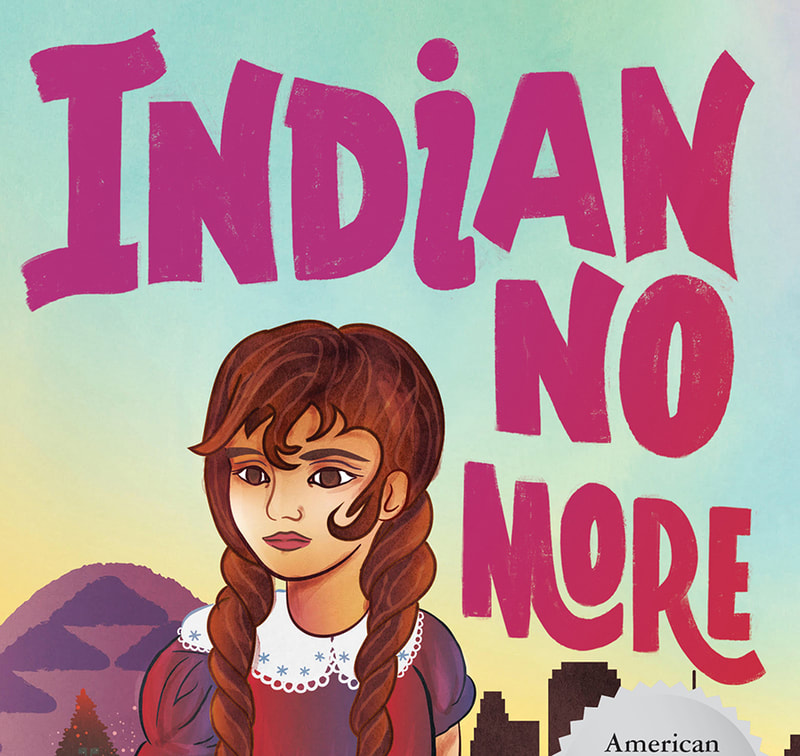
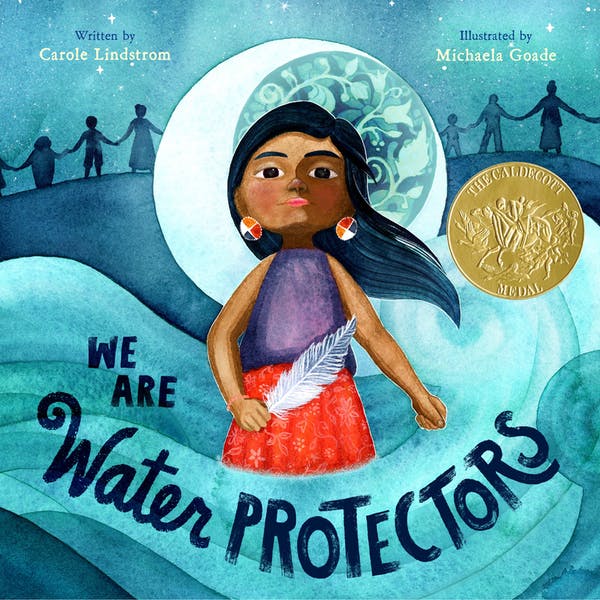
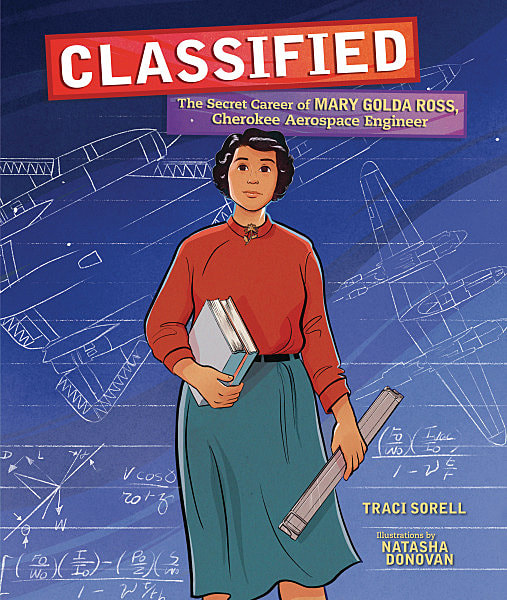
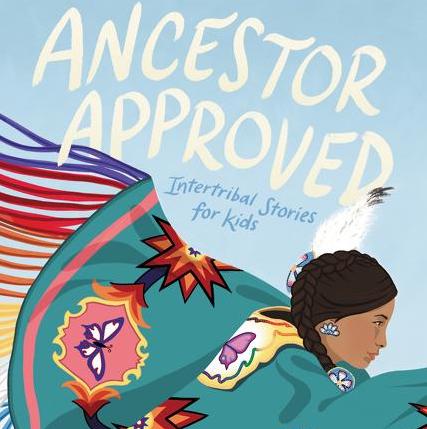
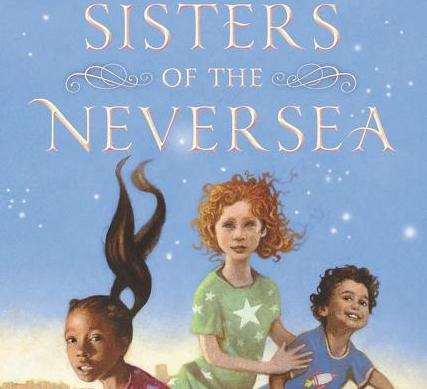
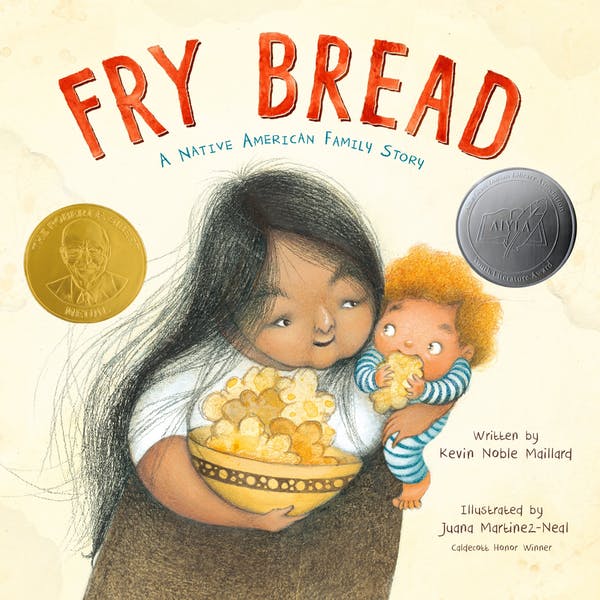
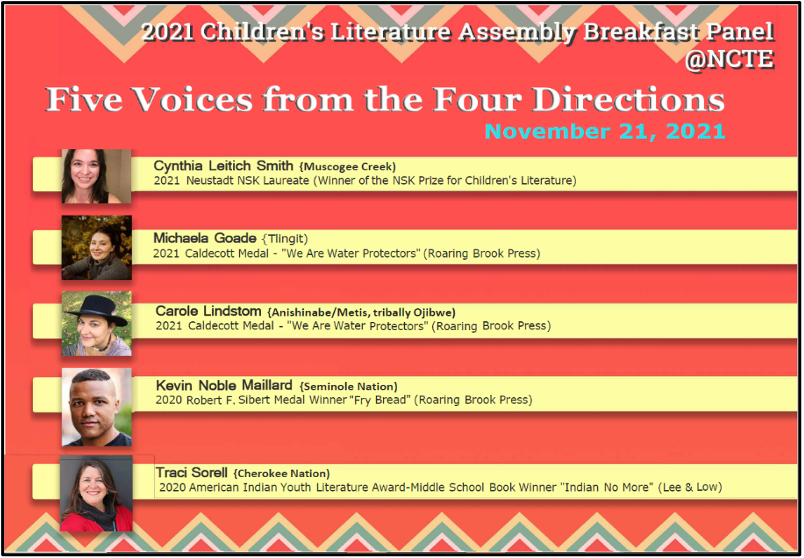
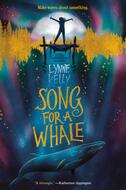
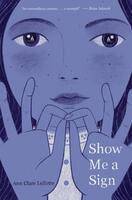
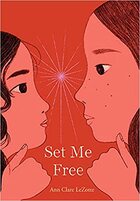
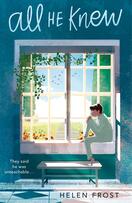
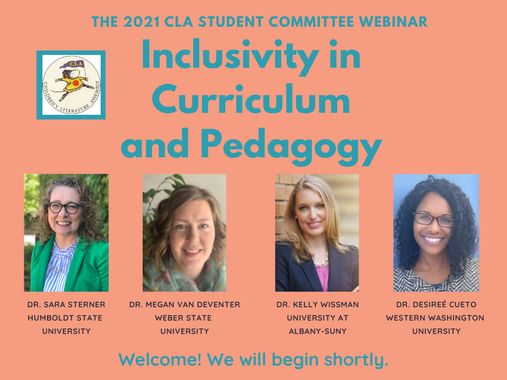
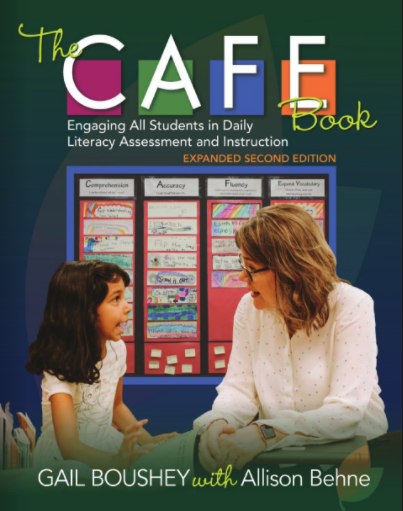
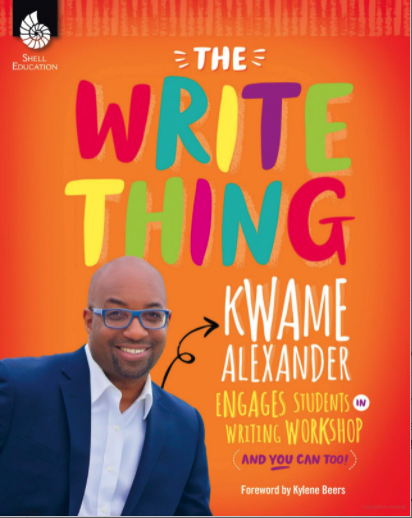
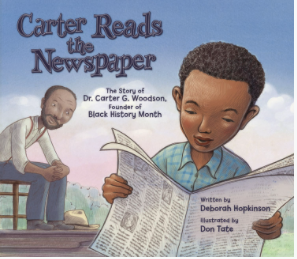
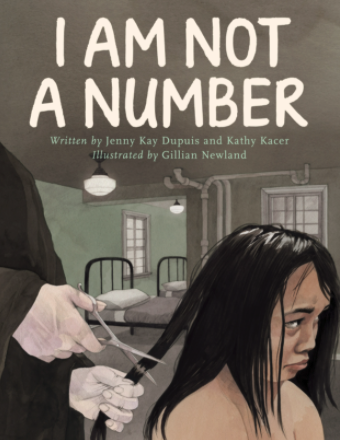
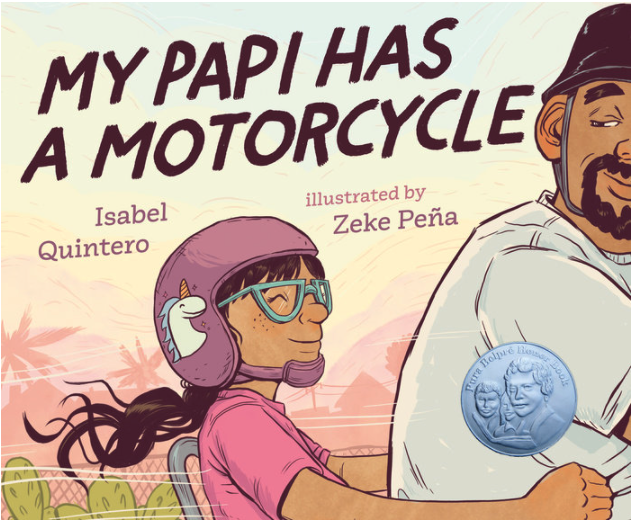
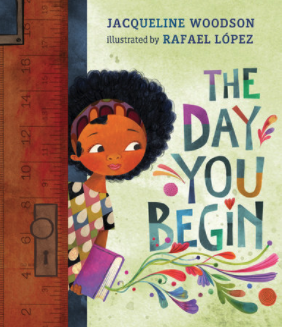
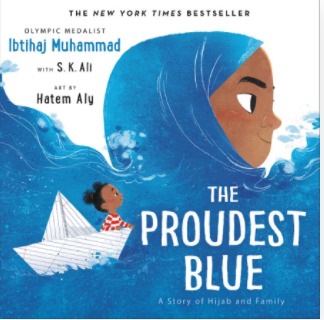
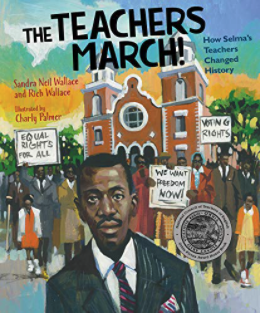
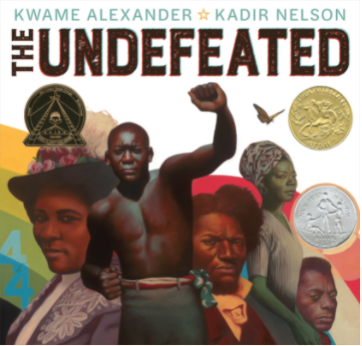
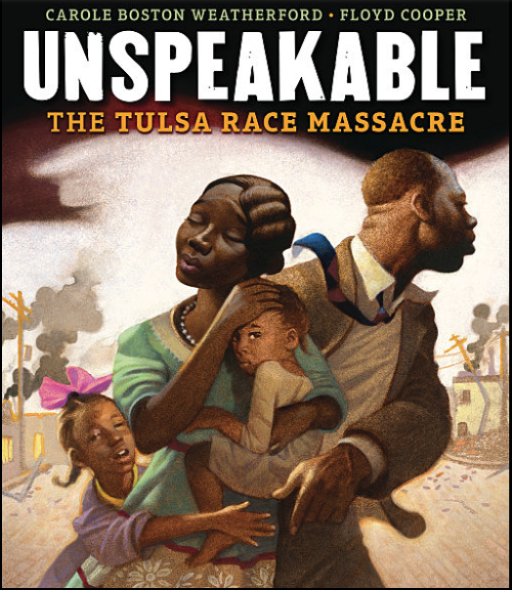
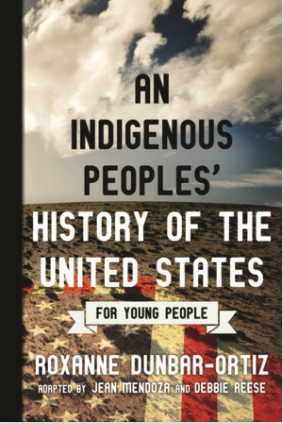
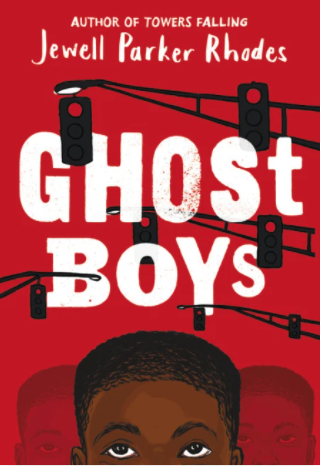
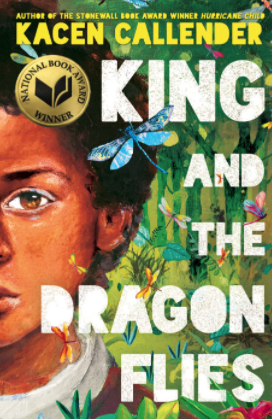
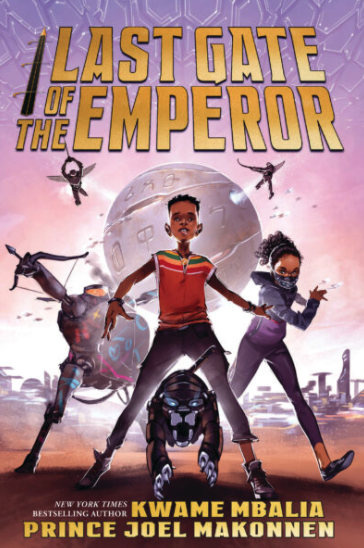
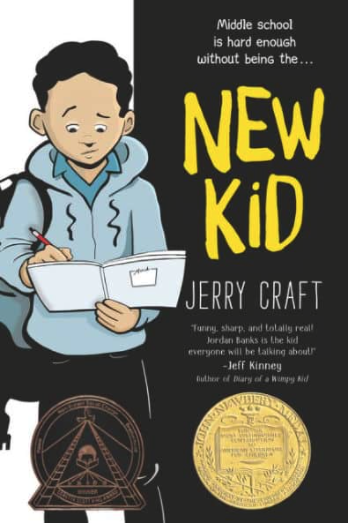
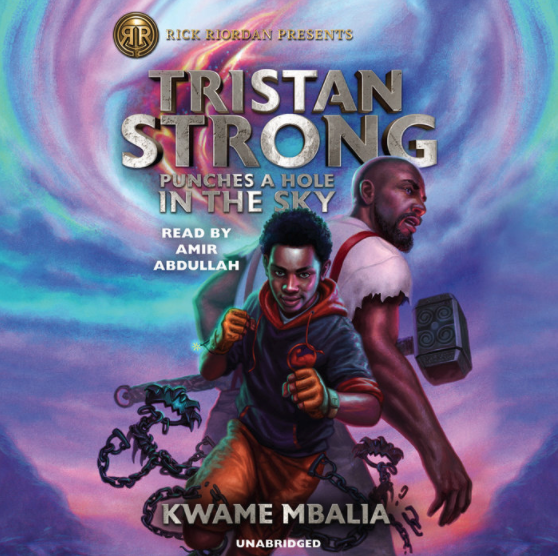
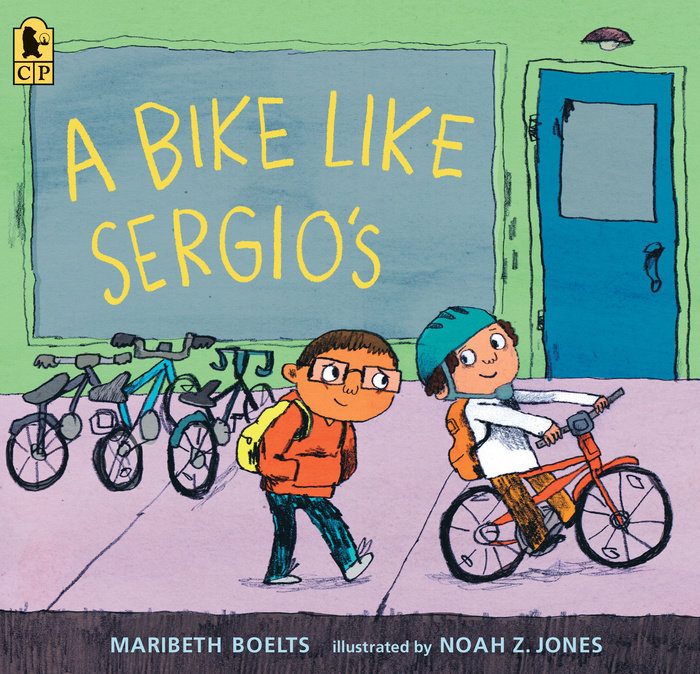
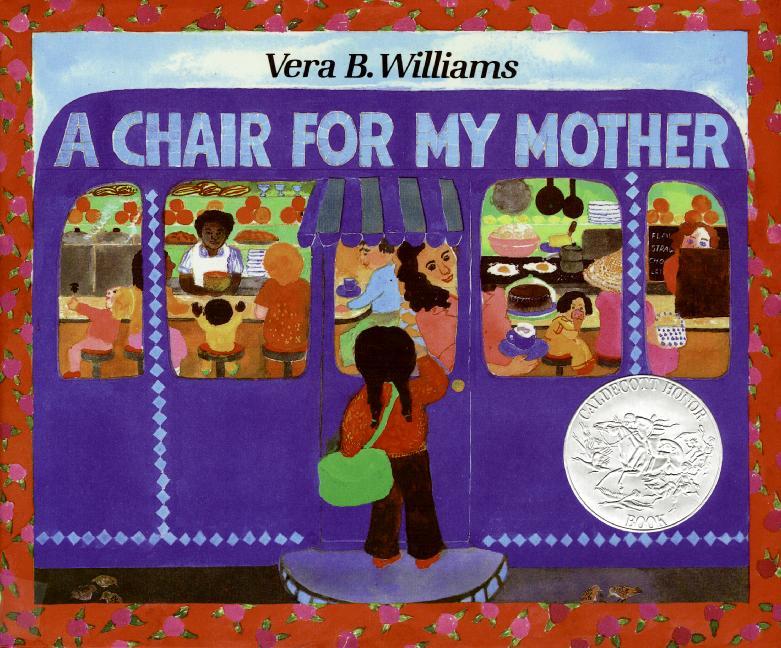
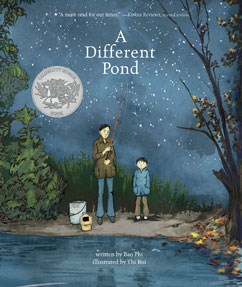
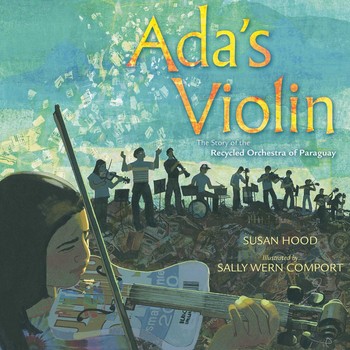
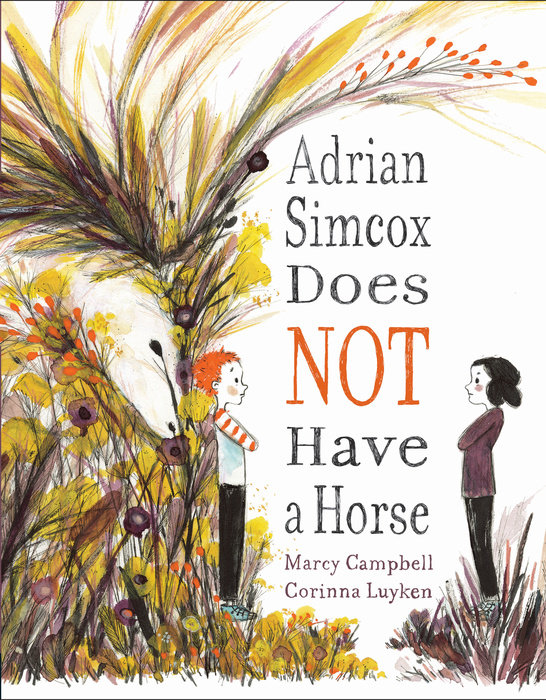
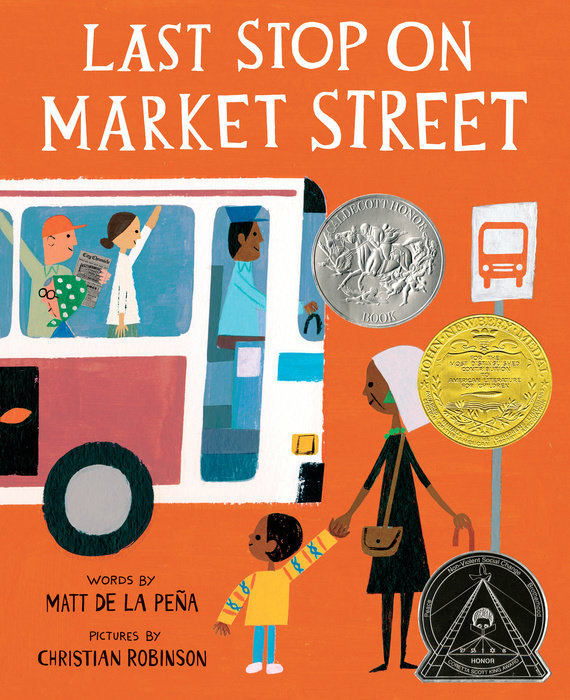
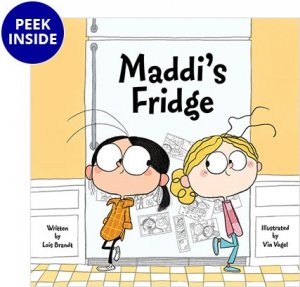
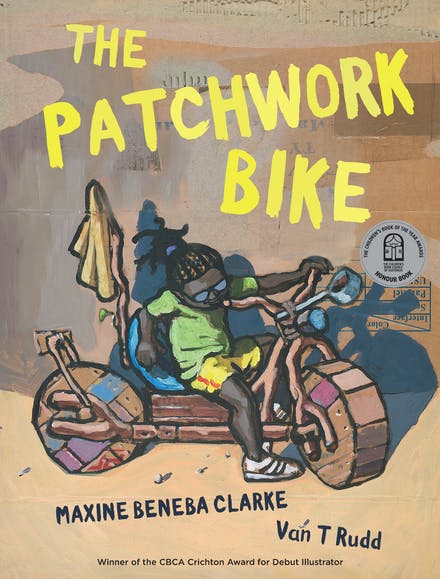
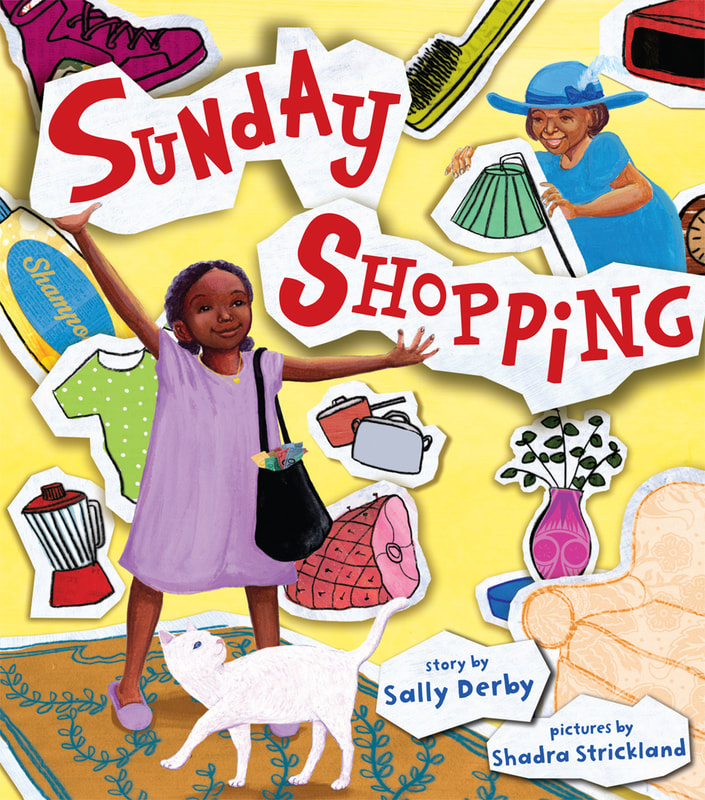
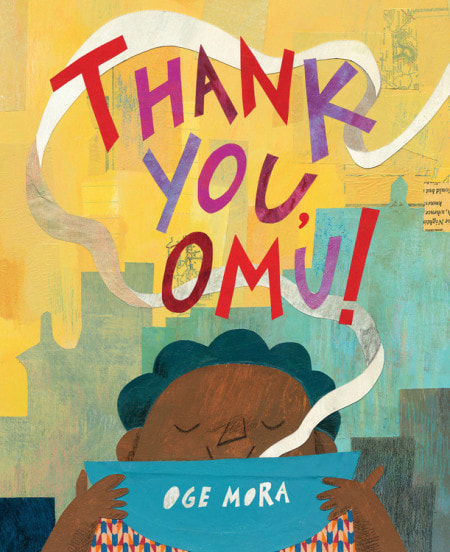
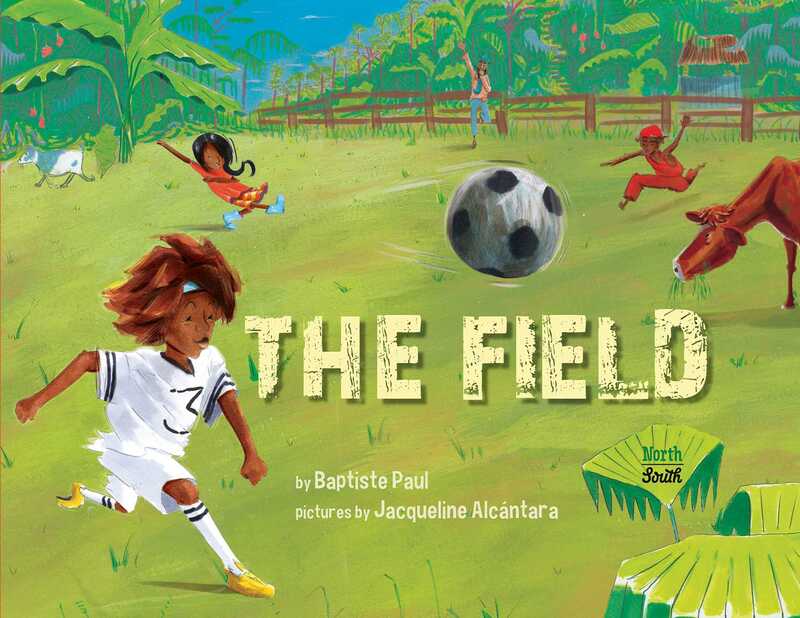
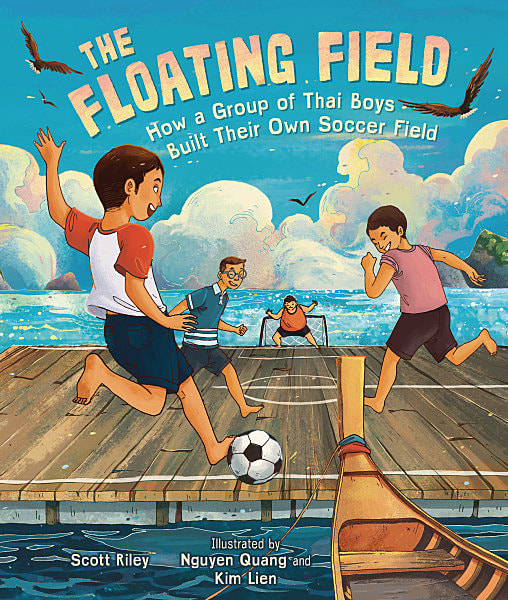
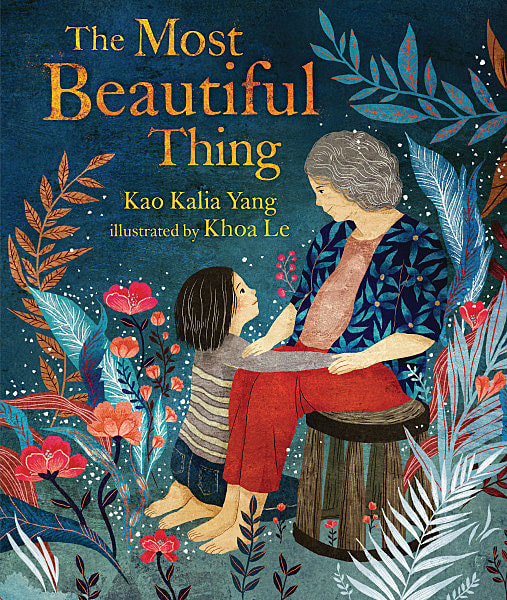
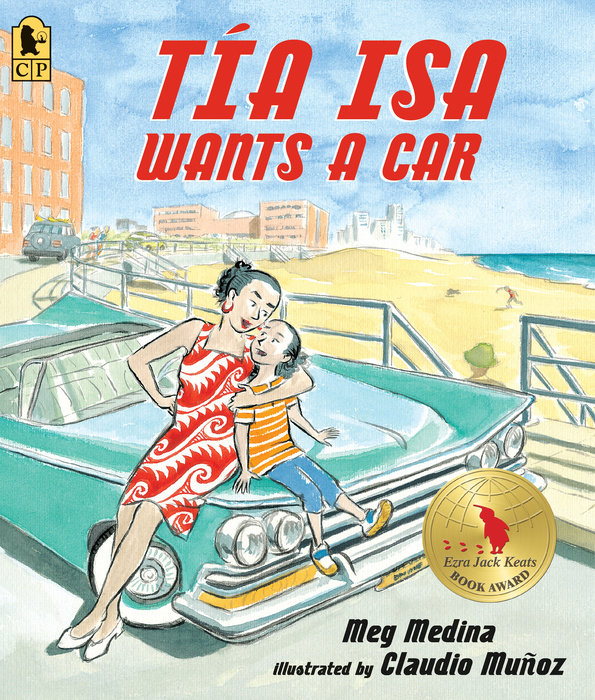
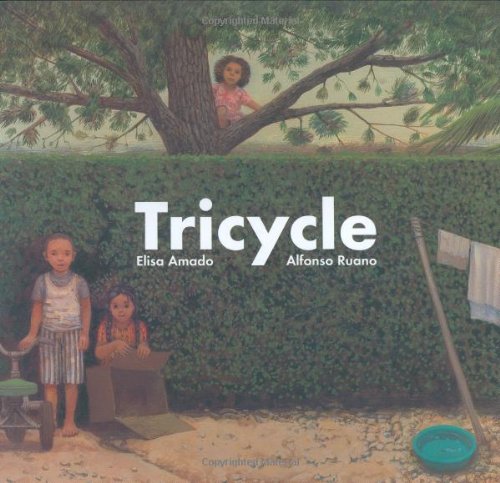
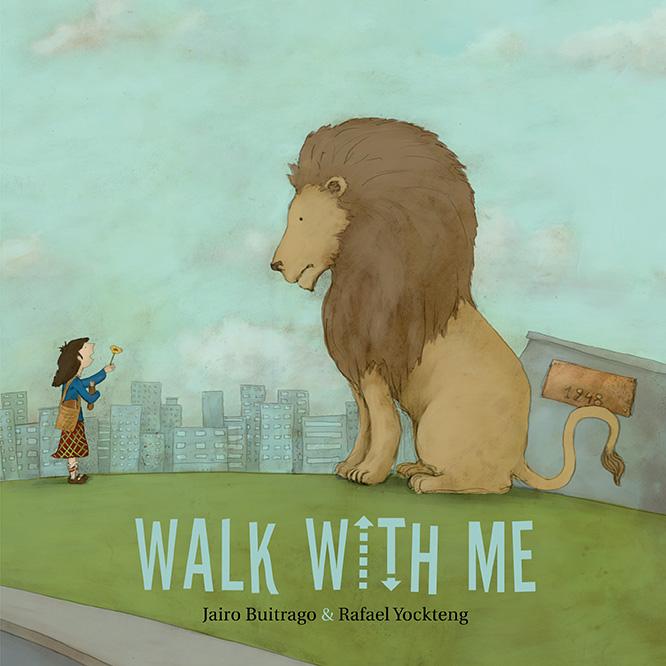
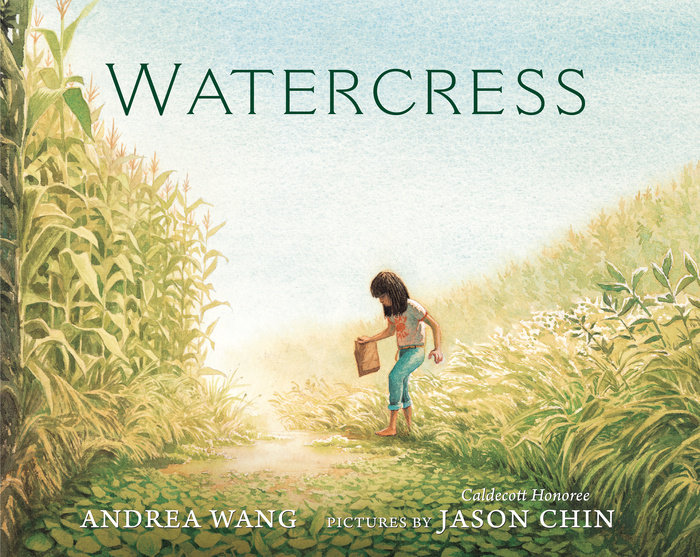
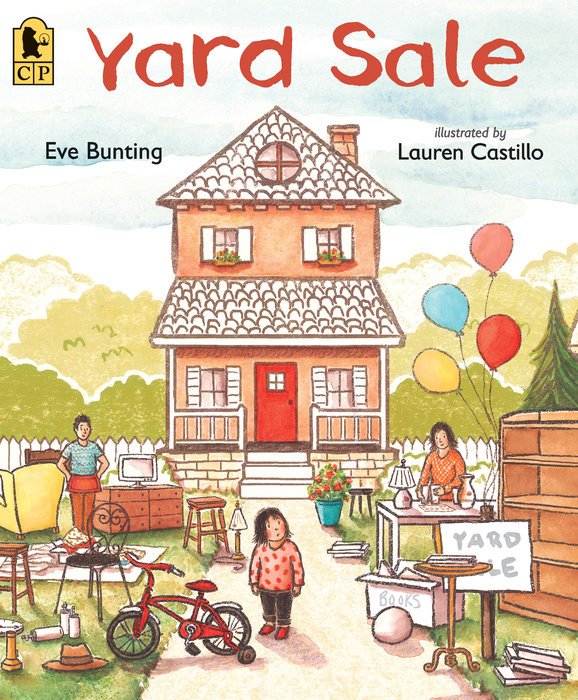
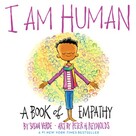
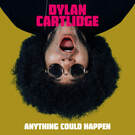
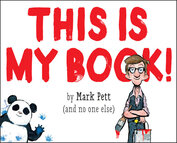
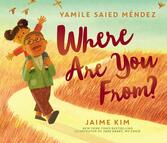
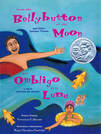

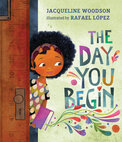
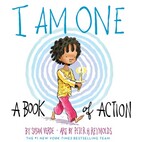
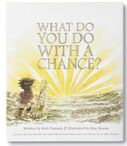
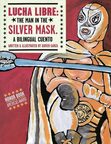
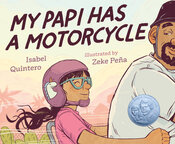


 RSS Feed
RSS Feed